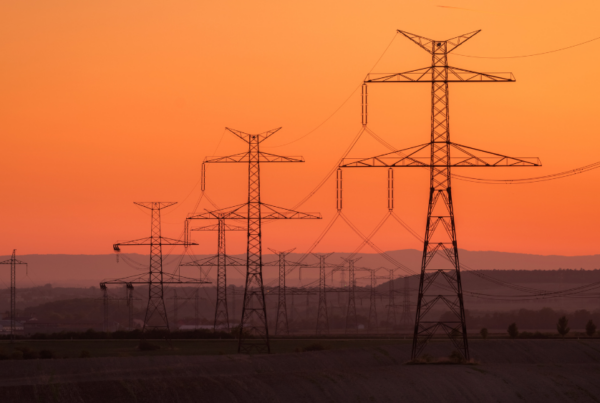
Heat accounts for almost half of global final energy consumption and contributes about 40% of global carbon dioxide emissions. Despite its prominent role in the energy system, heat is often overlooked in decarbonisation discussions and policies. Fossil fuels still dominate the supply of heat, with renewables providing just over 10% of demand.
Electrification can play a crucial role in the decarbonisation of heat sector. New research by Aurora Energy Research commissioned by Kyoto Group AS has found that it could provide about 45% of total industrial heat demand, including direct use in processes which require temperatures up to 500oC, and pre-heating for higher-temperature applications. It can also provide up to 70% of all district heating demand globally. This represents a combined market size of more than 13,500 TWh globally.
Thermal storage applications are able to use electricity to generate heat, which can then be stored for several hours and discharged when needed. This flexibility can help mitigate the inherent intermittency of renewable sources, but also reduce grid reinforcement requirements and overall power system costs.
Assuming a standard configuration of Kyoto’s Heatcube storage technology with a 60MWh storage capacity and a discharge capability of 12 hours per day, the cumulative investment required to electrify the industrial heat and district heating markets would be more than €1.2tn.






